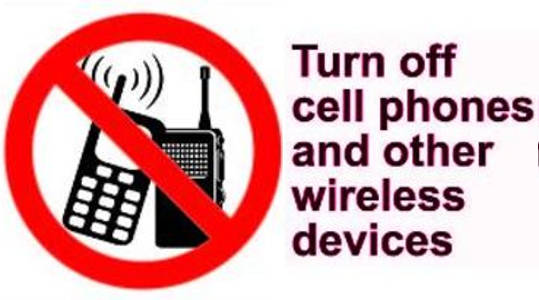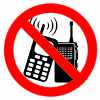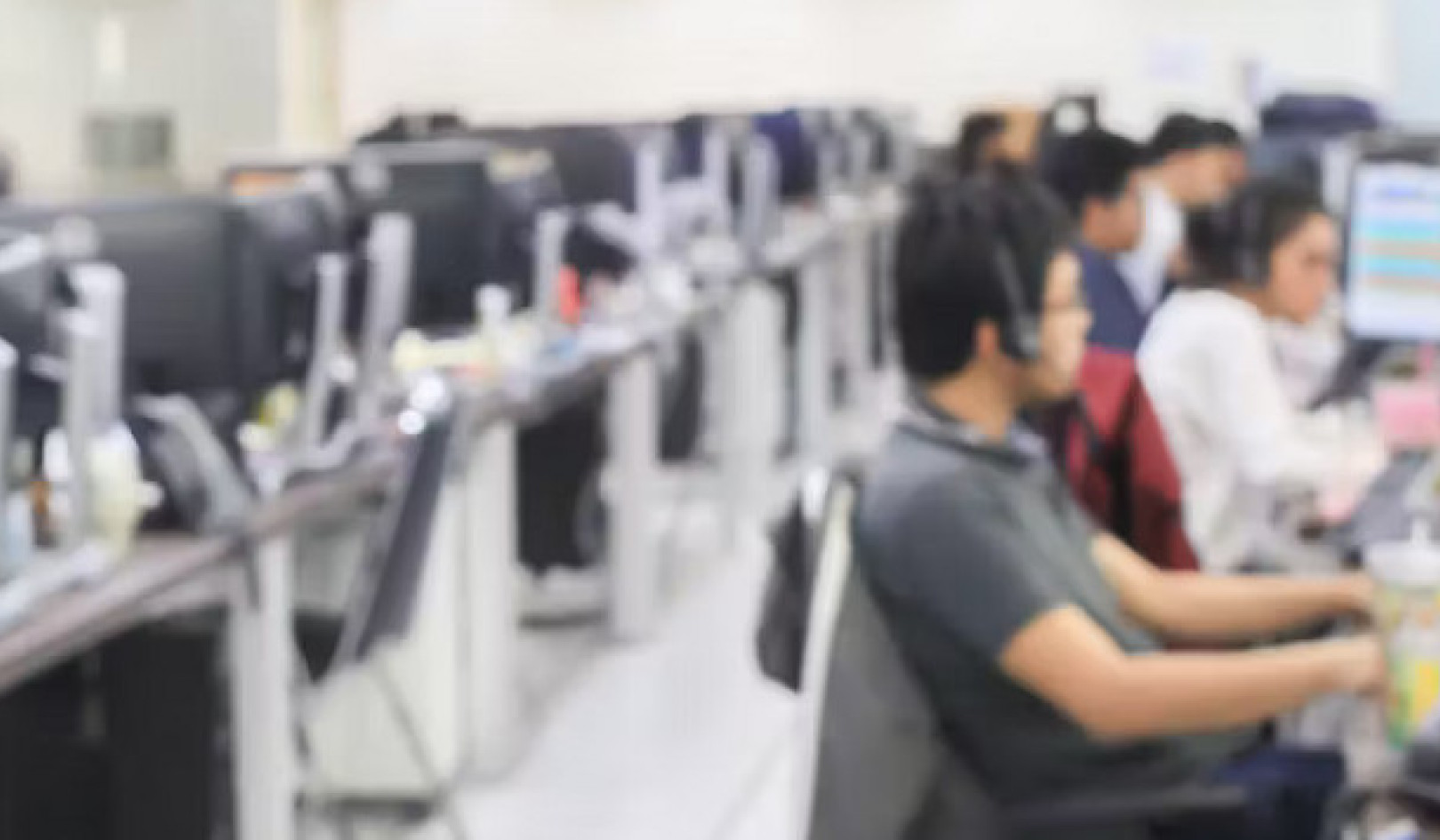
Even when we are not competing with other people, we can often feel like the world around us is competing for our time, money, and attention. When I published The Artist's Way, one of the most resisted — and most productive — tools in the book was one called "Reading Deprivation."
Reading Deprivation is just what it sounds like: no reading. It casts us back onto ourselves, puts us in touch with our own thoughts and ideas, and often frees up a lot of time.
Setting Boundaries: No Texting, Emails, TV...
Today, when I teach this tool, I have updated it to include the many other pulls on our time and attention. The tool is now called "Media Deprivation." Cutting out reading alone is not enough.
We are now bombarded with e-mails, texting, TV, radio. We carry devices in our pockets — and those devices carry the expectation that we are constantly reachable, for our jobs or for any reason. No longer is the evening respected as sacred family time. We are a twenty-four/seven society, and the iPhone dinging in our pocket pulls us out of our lives and our focus twenty-four hours a day.
One-Week Experiment: Turn All Devices Off
 For one week, I ask you to experiment with turning all devices off. This still includes no reading. But it also expands to include no e-mailing, no texting, no searching the Internet. No talk radio, no TV. And yes, I can feel the protests as I type this.
For one week, I ask you to experiment with turning all devices off. This still includes no reading. But it also expands to include no e-mailing, no texting, no searching the Internet. No talk radio, no TV. And yes, I can feel the protests as I type this.
"But, Julia, I have an important job. I have to check my e-mail:' "I work for a TV station. I have to watch the news."
"If I don't respond to my daughter's text immediately, she'll think I don't care."
Put Yourself First! Preventing Overload!
I am not asking you to quit your job or behave in a way that would get you fired. But, put off everything you can. For one week. And if you cannot push your work until tomorrow, you can certainly contain the access people have to you without being irresponsible. I am not asking you to be irresponsible to your work. I am asking you to be responsible to yourself.
When we are constantly interrupted, we lose our train of thought. There are endless studies about how we are not able to multitask — in actuality, we really can do only one thought-requiring action at a time. There are countless tragic stories of car accidents, train accidents, ferry accidents caused by the driver texting behind the wheel.
Turn Off Your Devices! Or Limit Their Time
In all the ways you can, for one week, turn off your devices. If you must check them, set aside a short window of time where you will go and respond to what you must respond to. But challenge yourself with this. Is there any real reason that an e-mail needs to be responded to at seven p.m.? Can it wait until morning, until business hours?
You may find that when you turn off your devices, you feel uneasy in the awkward silence of “just” you and your own thoughts. But when we learn to engage in conversation with our own thoughts, we begin to find that we are enough. And when my students experiment with turning their devices off, they are often flooded with ideas.
Preventing Overload: Opening Up to Creativity
It is as if we are unblocking the dam for long enough to let the water flow through, rather than blocking the slightest trickle with a Google search of our own name because we are bored, checking the status updates of high school friends on Facebook, or immediately reading the offers in the e-mail that Domino's Pizza just sent us. Challenge yourself to stop all of this, cold turkey, for a week. You may well find you have no interest in turning it back on when you are finished.
When we focus ourselves, we come into who we truly are. When we schedule the time to check our e-mail, we are more efficient and accurate in our replies. Our sense of feeling scattered and overwhelmed dissipates as we control our devices rather than letting them into our lives at all hours. Like with the nosy, overbearing person who asks for too much from us, we must set boundaries with our devices, leaving ourselves to our own devices, and letting ourselves be present for our lives.
Reprinted with permission of the publisher,
Jeremy P. Tarcher/Penguin, a member of Penguin Group (USA).
©2011 by Julia Cameron. www.us.PenguinGroup.com.
Article Source
The Prosperous Heart: Creating a Life of "Enough"
by Julia Cameron with Emma Lively.
 In The Prosperous Heart, Julia Cameron presents a ten-week program for using your creative heart and soul to lead you to prosperity in all the areas of your life. With inspiring new daily tools and strategies that follow in the footsteps of Julia Cameron's groundbreaking The Artist's Way, this book guides readers in developing a life that is as full and as satisfying as they ever thought possible.
In The Prosperous Heart, Julia Cameron presents a ten-week program for using your creative heart and soul to lead you to prosperity in all the areas of your life. With inspiring new daily tools and strategies that follow in the footsteps of Julia Cameron's groundbreaking The Artist's Way, this book guides readers in developing a life that is as full and as satisfying as they ever thought possible.
Click here for more info or to order this book on Amazon.
More Books by this Author
About the Author
 Julia Cameron has published 30 books, highly praised short stories, award-winning essays and hard-hitting political journalism. Her credits range from Rolling Stone to The New York Times. A novelist, playwright, songwriter and poet, she has distinctive credits in theatre, film and television. As author of The Artist’s Way, Julia is credited with founding a movement that has enabled millions to realize their creative dreams. Julia eschews the title creativity expert, preferring instead to describe herself simply as an artist. Visit her website at http://juliacameronlive.com.
Julia Cameron has published 30 books, highly praised short stories, award-winning essays and hard-hitting political journalism. Her credits range from Rolling Stone to The New York Times. A novelist, playwright, songwriter and poet, she has distinctive credits in theatre, film and television. As author of The Artist’s Way, Julia is credited with founding a movement that has enabled millions to realize their creative dreams. Julia eschews the title creativity expert, preferring instead to describe herself simply as an artist. Visit her website at http://juliacameronlive.com.




























